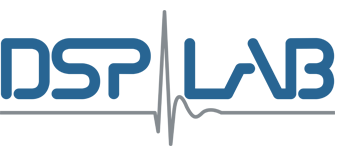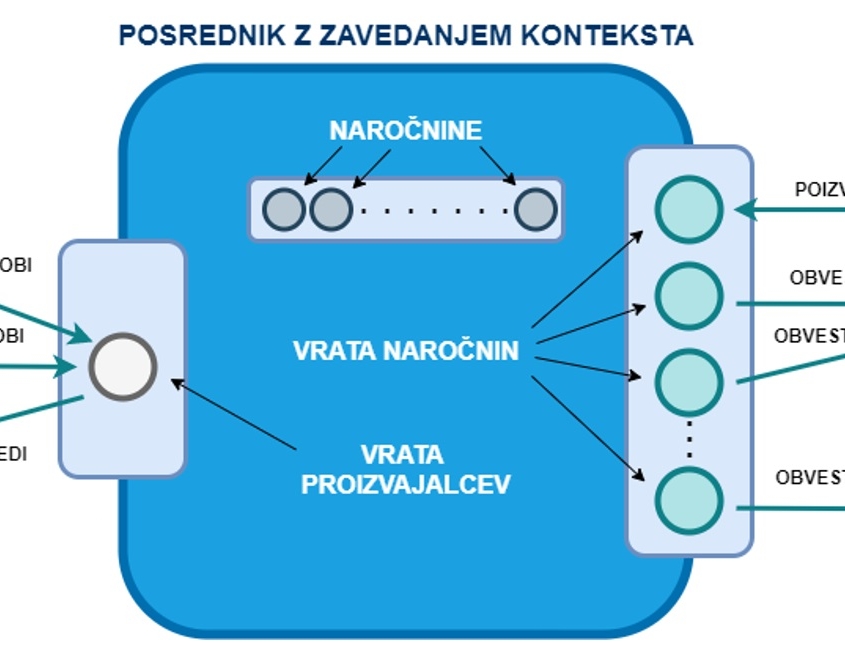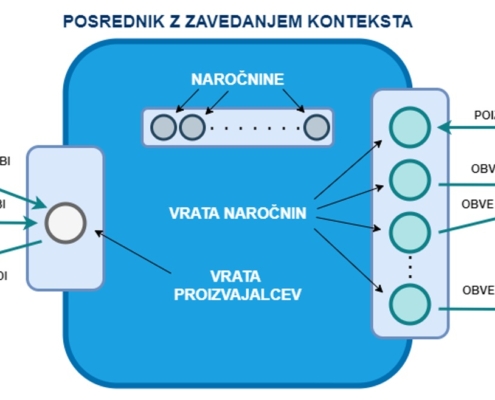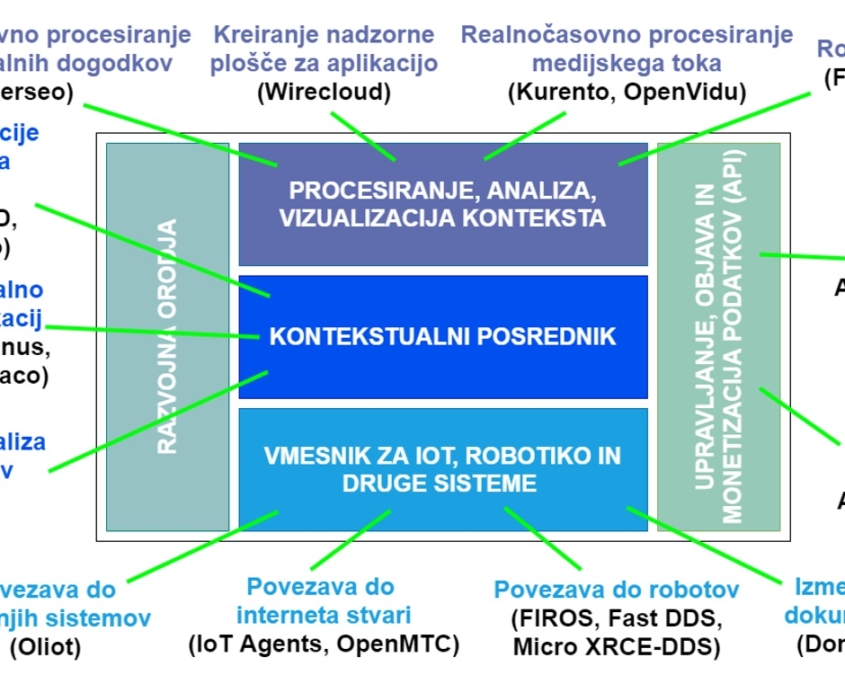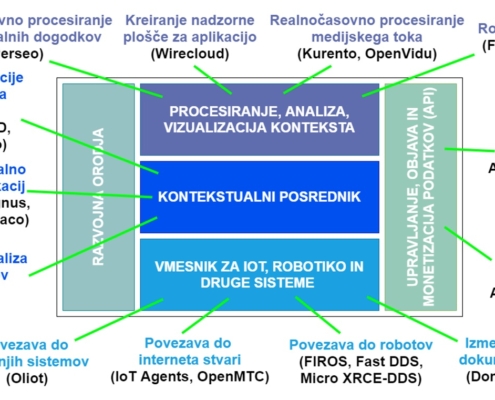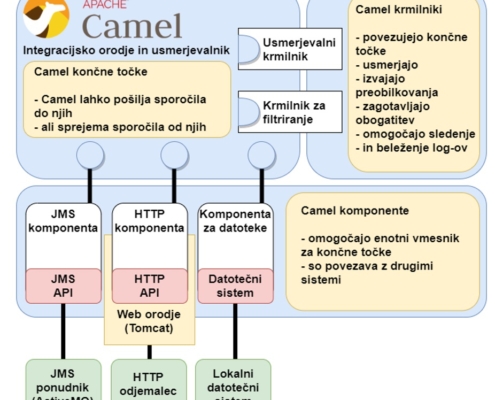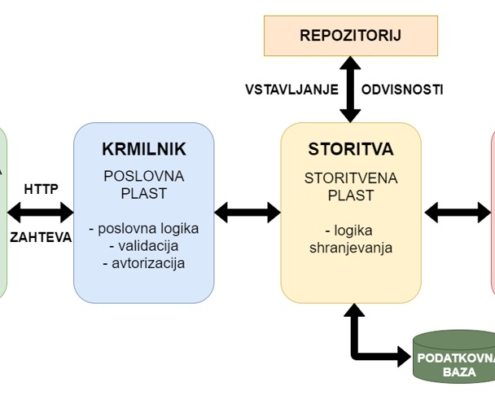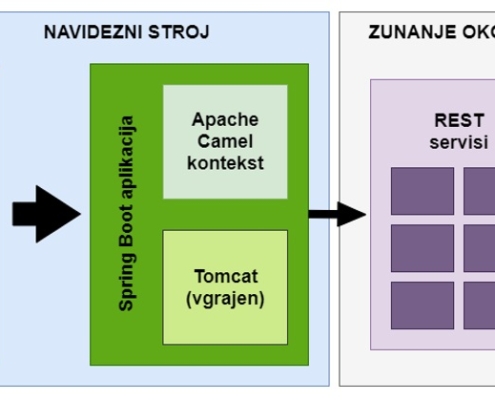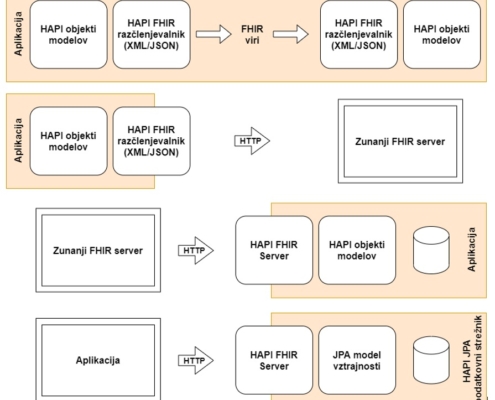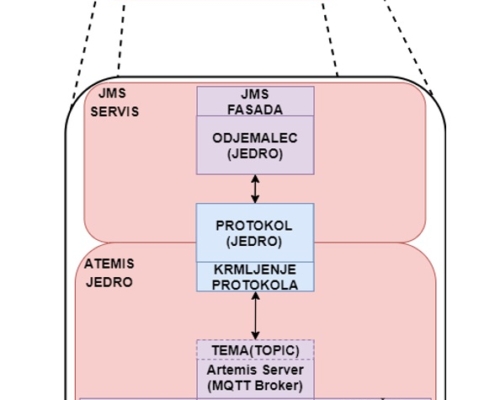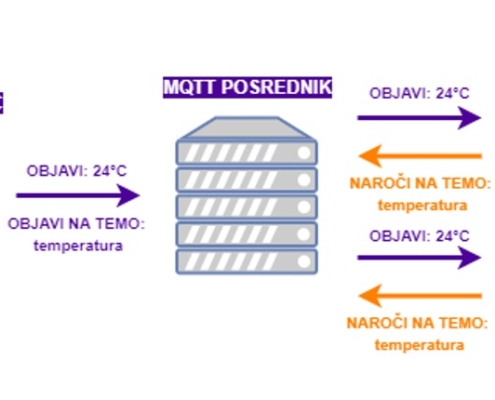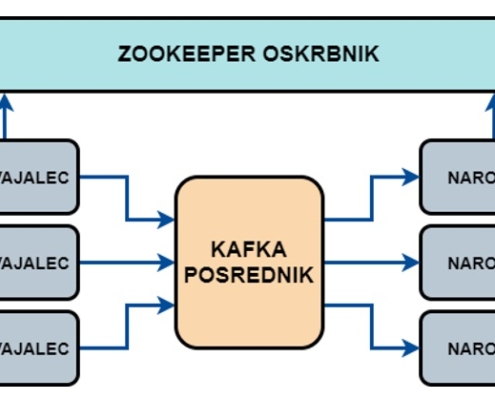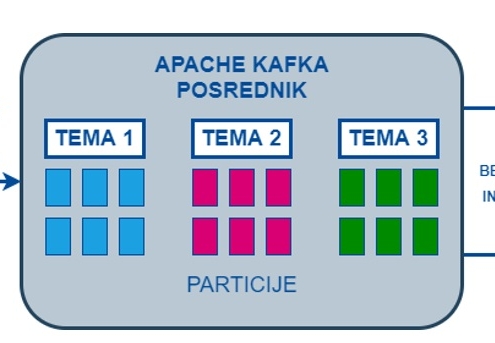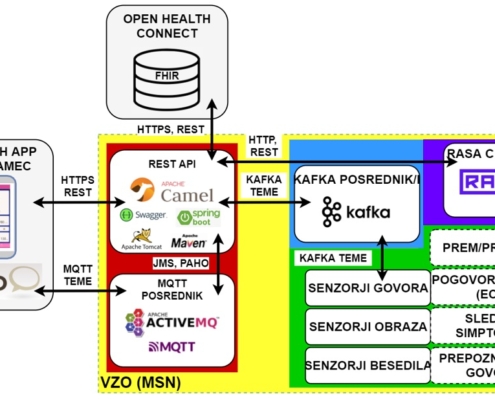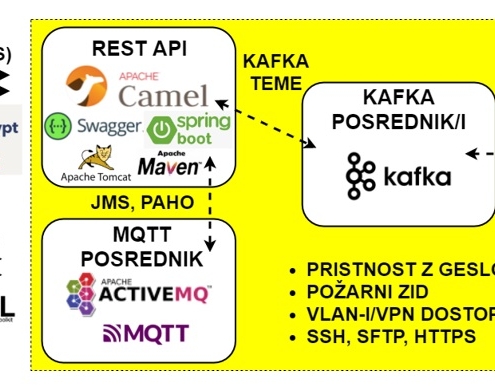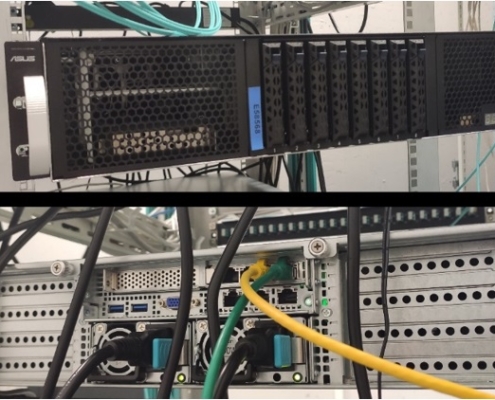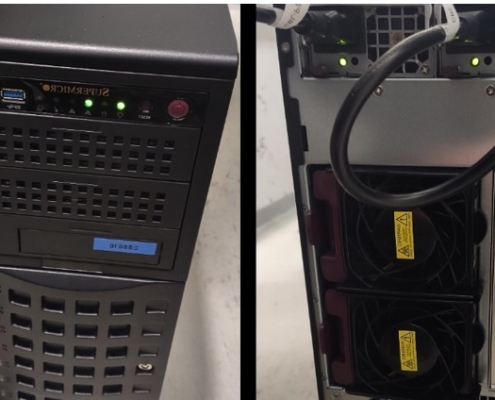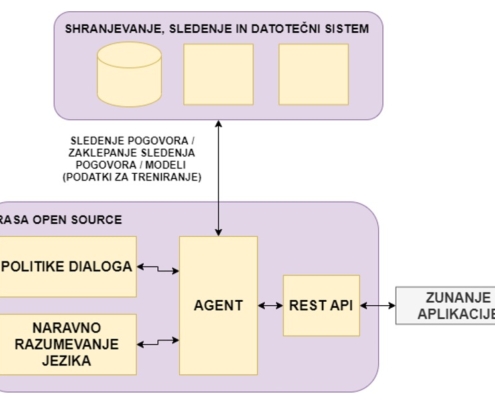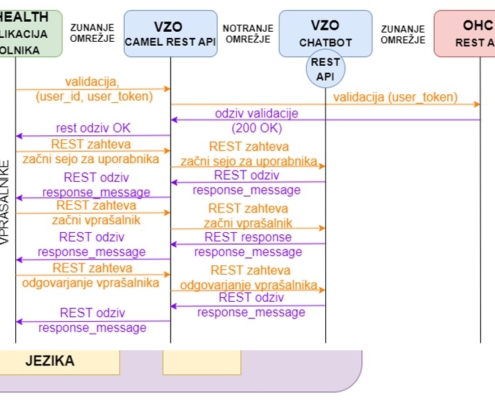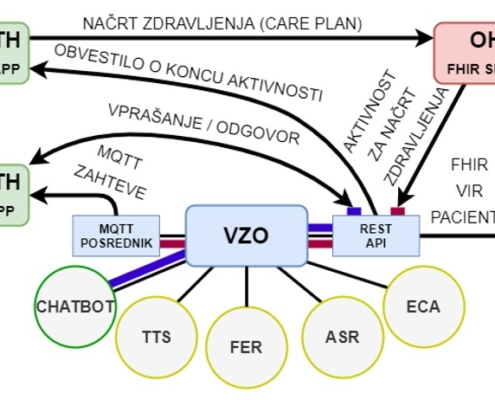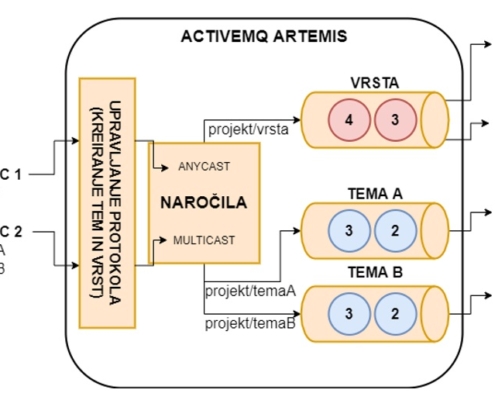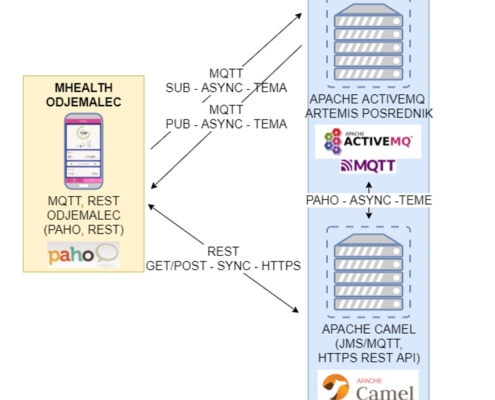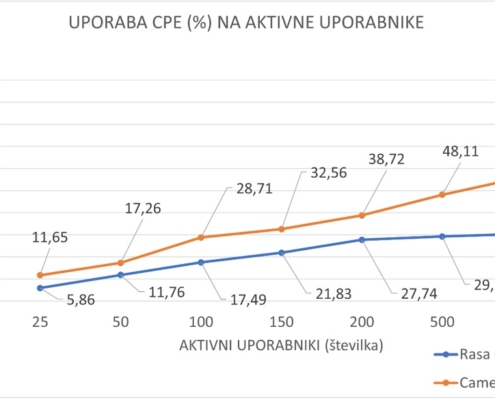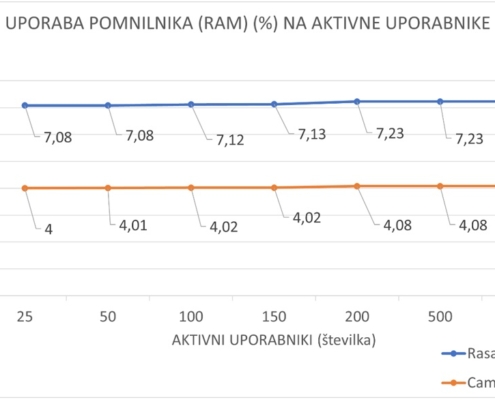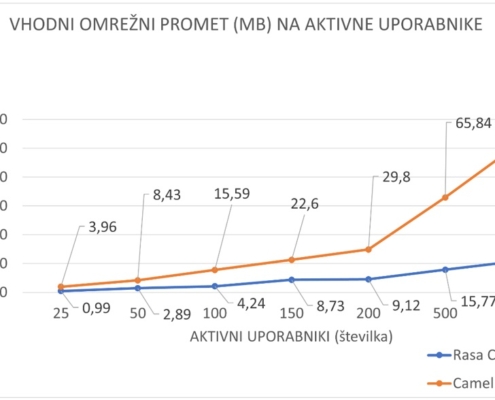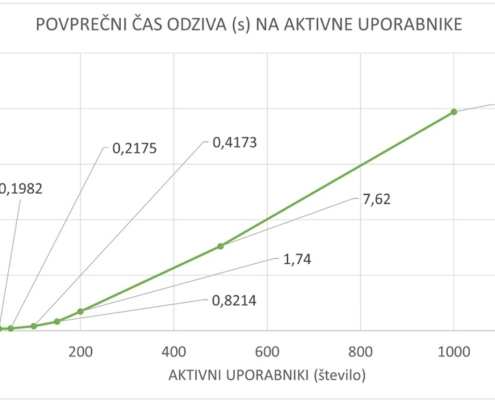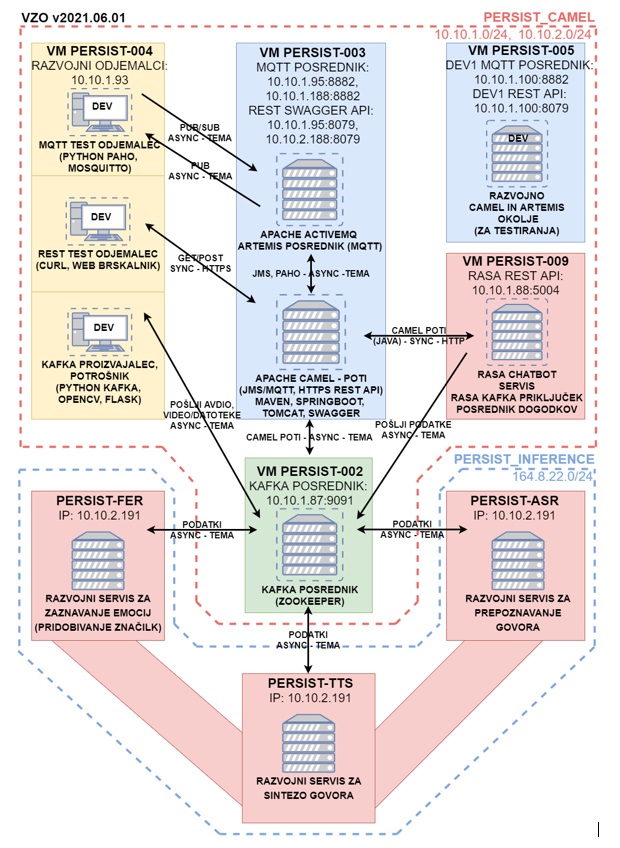Swagger, or nowadays called OpenAPI, is an Interface Description Language (IDL) and is used to describe RESTful APIs, by using the JSON format. Swagger is used in conjunction with a set of open source software tools to design, build, document and use of RESTful web services. Swagger includes automated documentation, code generation, and test case generation. HL7 FHIR (Health Level Seven Fast Healthcare Interoperable Resources) is a standard and specification in the field of health, written in the Java programming language. FHIR belongs to the domain of digital electronic records (Electronic Health Records – EHR), where data is created as resources. FHIR allows you to create, edit, delete, and share medical resource definitions for specific profiles, such as Patient, Observation, Questionnaire, and more than 140 other resources. Each resource can be presented in XML, JSON, ND-JSON and RDF format. Apache ActiveMQ Artemis is an open source project to build a powerful asynchronous group messaging system based on many protocols. The use of asynchronous communication makes it easy to connect clients and intermediaries in a given small-sized messaging environment. MQTT is a very lightweight protocol for sending messages from client to server, based on the publish-subscribe principle and supports asynchronous communication as described in the MQTT specification. MQTT was designed specifically to reduce the size of network traffic and code footprint, or resource consumption on client devices. This makes the MQTT ideal for the rather limited resources of small devices with sensors and actuators. Apache Kafka is a distributed event streaming platform that can handle trillions of events daily. Originally designed as a message queue, Kafka is based on a commit-log. The logbook records past system events, which monitors system operation and makes it easier to troubleshoot errors within the system. Since it was created by LinkedIn in 2011, Kafka has rapidly changed from a message queue to an event streaming platform.
